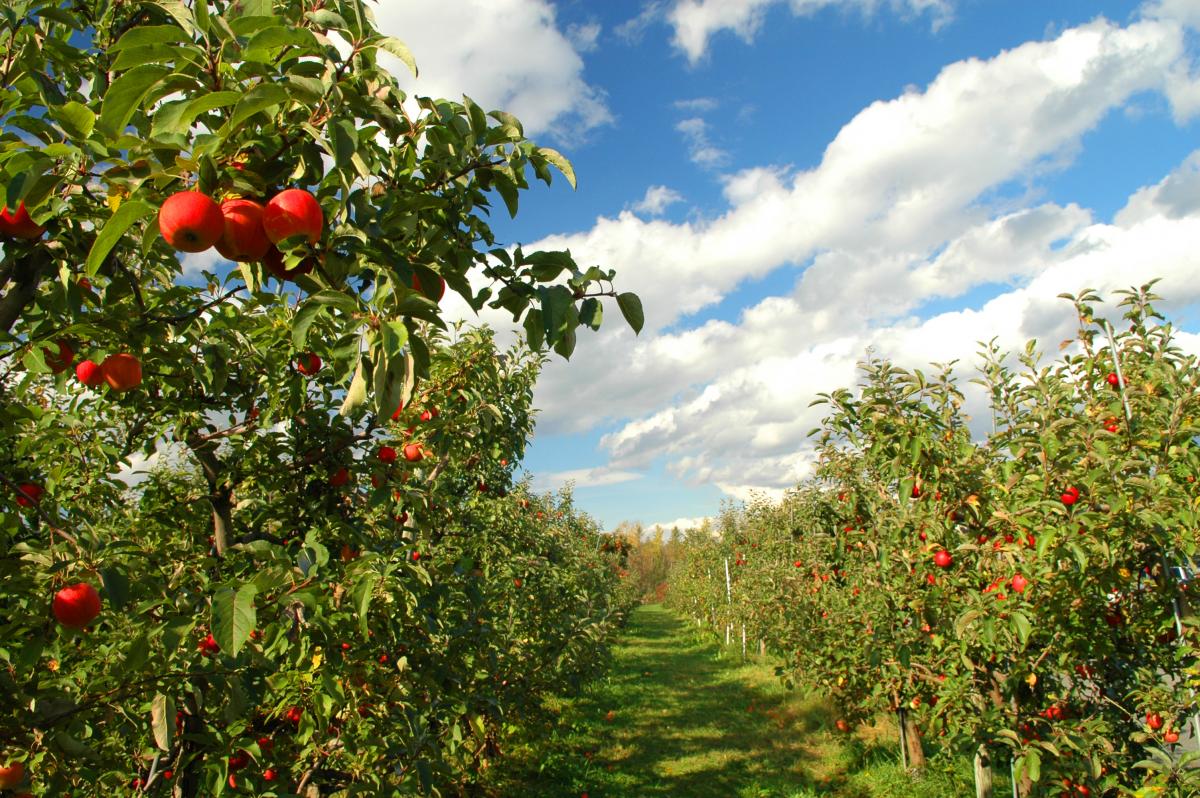Response to The Guardian's "Can cheap food be produced sustainably?"
“Can cheap food be produced sustainably?” (http://www.guardian.co.uk/environment/blog/2012/jul/10/cheap-food-sustainable-farming-environment)
The Vegan Society welcomes the Green Food Project report which recognises urgent action is required to reverse the increasing pressures on the environment. The livestock sector is responsible for 18% of greenhouse gas emissions measured in CO2 equivalent; it puts massive pressure on feed crops, water supplies, land use and causes biodiversity loss. This is neither fair nor sustainable.
The United Nations have shown that food sufficient to meet the calorie needs of 3.5 billion humans is wasted by the global animal farming industry as cereal requirements for more intensive meat production may increase substantially to more than 50% of total cereal production by 2050 (United Nations Environment Programme (2009). The environmental food crisis, p.27. Nairobi: UNEP. http://www.unep.org/pdf/FoodCrisis_lores.pdf ).

A move away from animal farming offers one of the most potent solutions for the environment, non-human animals and citizens worldwide and, yes, cheap food can be produced sustainably:
Stock-free Farming - benefits for farmers
• In the UK stock-free farming offers an alternative to the tight margins and low farmer confidence currently placing many dairy farmers in a precarious situation.[i]
• Stock-free farmers (arable farmers who don’t use manures or other products from farmed animals) avoid reliance on the livestock industry to produce manure. They are unaffected by fluctuating costs of animal feed and can function well without subsidies.
• The risks of diseases such as Bird Flu, BSE, bluetongue, Newcastle Disease and foot-and-mouth disease are significantly reduced on stock-free farms.
• Green manures, crop rotation and composting are low cost techniques that can be used in the UK and in developing countries and training to grow nutritionally balanced plant diets could be made available.
• In the developing world vegan farming reduces the risk of conflict over scarce water and grazing land and it does not require reliance on domestic animals for food when the survival of the animals can be uncertain, for example in times of drought.
How much plant-based food can we produce?
DEFRA estimates that in terms of calorific requirements, UK agricultural land could produce more than enough food from arable production for the entire population. [ii] The area currently used for crops in the UK is 4.7 million hectares. [iii] It is estimated that only 3 million hectares would be required to feed the UK population on a vegan diet; [iv] therefore it is very likely that sufficient quantities of suitable land would be available for arable use without having to plough pasture.
Land currently used for grazing could be used for leisure purposes, fruit and nut trees, biomass and for providing woodland habitat for wildlife. Woodland is also a carbon sink, which will help to reduce net carbon emissions.[v]
[i] DairyCo. Factors affecting milk supply. 2009 (accesed 30 June 2009).
[ii] DEFRA Food and Farming Group. Ensuring the UK’s food security in a changing world. London: Department for Environment, Food and Rural Affairs; 2008 (accessed 22 Sept 2009).
[iii] DEFRA. Agriculture in the UK 2008. (accessed 23 July 2009).
[iv] Fairlie S. Can Britain feed itself? The Land Winter 2007-8 (accessed 22 Sept 2009).
[v] FAO. The state of the world’s forests 2009. Rome: FAO, 2009 (accessed 1 July 2009).

